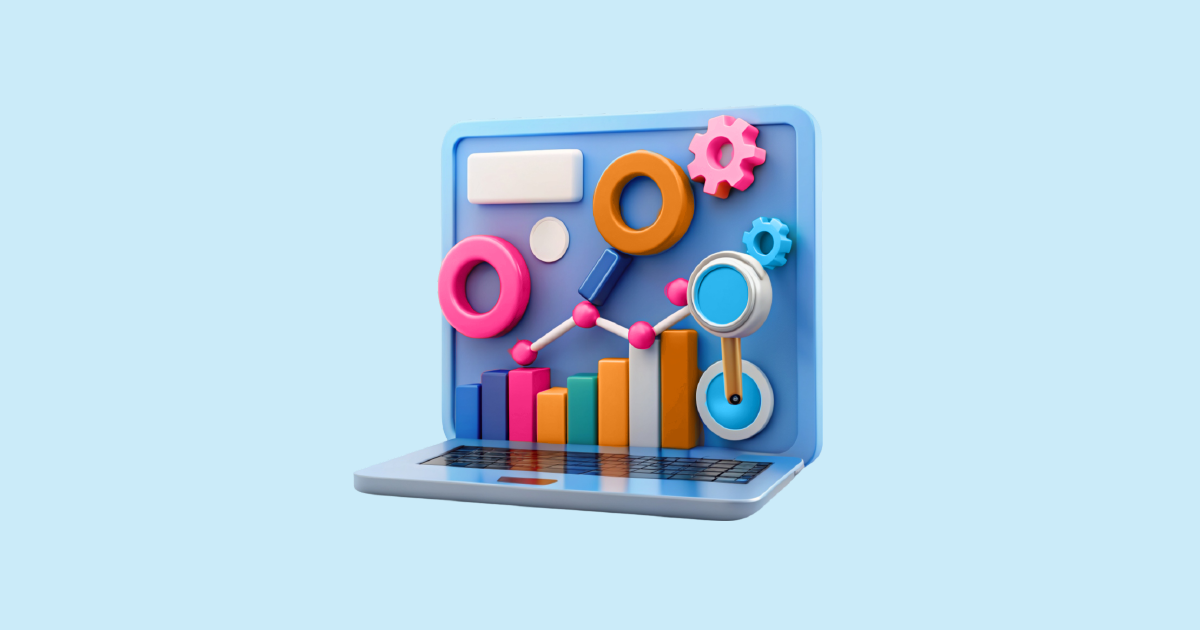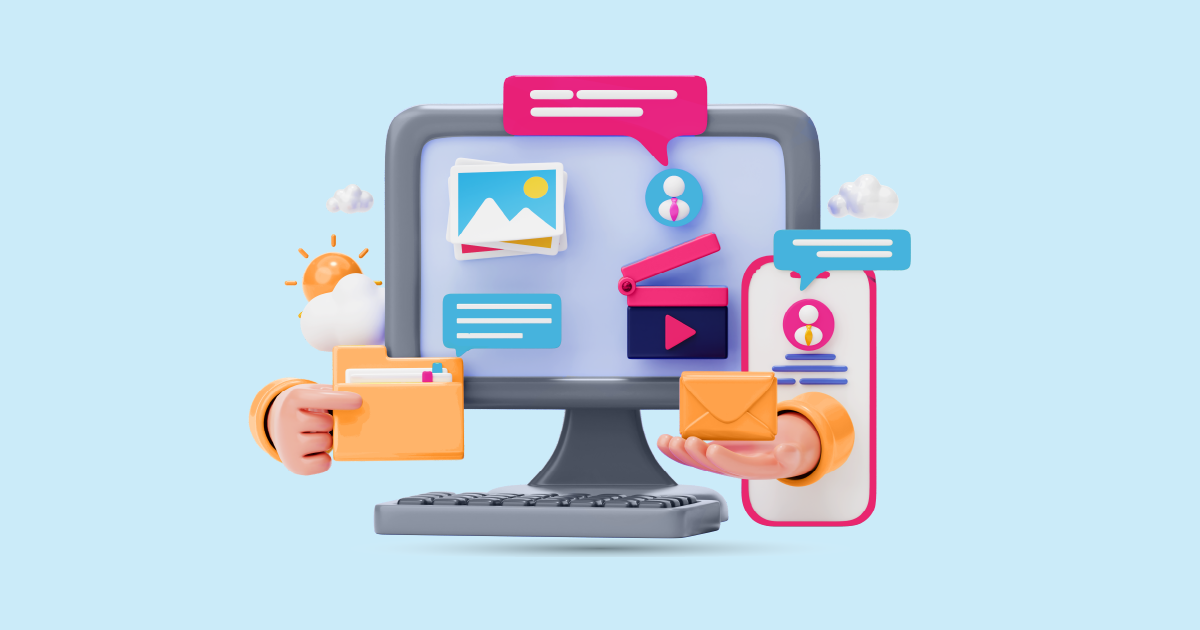In today’s fast-paced digital landscape, staying ahead of the competition requires more than just a good marketing strategy. It demands constant vigilance and the ability to adapt quickly to changing trends and customer preferences. This is where marketing monitoring tools come into play. But what exactly are these tools, and why are they so crucial for businesses? Let’s dive in and explore the world of marketing monitoring tools, uncovering their importance, types, and how to make the most out of them.
What Are Marketing Monitoring Tools?

1. Definition and Purpose
Marketing monitoring tools are software applications designed to track, analyze, and report on various marketing activities. Their primary purpose is to provide businesses with valuable insights into their marketing campaigns, allowing them to make data-driven decisions. Whether it’s tracking social media engagement, monitoring website traffic, or analyzing email campaign performance, these tools are essential for any modern marketer.
2. Key Features
- Real-Time Analytics: Immediate access to data as it happens.
- Customizable Dashboards: Personalized views of key metrics.
- Automated Reports: Regular updates without manual intervention.
- Competitive Analysis: Insights into competitors’ strategies.
- Integration Capabilities: Seamless connection with other marketing tools.
Why You Need Marketing Monitoring Tools
1. Benefits for Businesses
Imagine trying to navigate a ship without a compass. That’s what it’s like to run a marketing campaign without monitoring tools. These tools provide a clear direction and help you understand what’s working and what’s not. They can significantly enhance your marketing strategies by:
- Improving ROI: By identifying the most effective campaigns.
- Saving Time: Automated processes reduce manual workload.
- Enhancing Decision-Making: Data-driven insights lead to better choices.
- Increasing Efficiency: Streamlining marketing efforts.
2. Enhancing Marketing Strategies
Marketing is not a one-size-fits-all endeavor. It requires constant tweaking and adjustment. Marketing monitoring tools help you stay agile by providing real-time data that can be used to refine and optimize your strategies. This ensures that your marketing efforts are always aligned with your business goals and customer needs.
Types of Marketing Monitoring Tools
1. Social Media Monitoring Tools
Platforms like Hootsuite and Sprout Social allow you to track social media engagement, mentions, and sentiment. These tools help you understand how your brand is perceived online and how well your social media campaigns are performing.
2. SEO Monitoring Tools
SEO tools such as Ahrefs and SEMrush are essential for tracking your website’s search engine rankings, backlinks, and keyword performance. They provide insights into how well your SEO strategies are working and where improvements are needed.
3. Email Marketing Monitoring Tools
Tools like Mailchimp offer robust analytics for email campaigns, including open rates, click-through rates, and conversion rates. These insights help you fine-tune your email marketing strategies for better engagement and results.
4. Competitor Analysis Tools
Understanding your competitors’ strategies is crucial for staying ahead. Tools like SpyFu and SimilarWeb provide valuable data on your competitors’ online activities, helping you identify opportunities and threats.
5. Customer Feedback Tools
Tools like SurveyMonkey and Trustpilot gather customer feedback and reviews, offering insights into customer satisfaction and areas for improvement.
Top Marketing Monitoring Tools in 2024
1. AIM Insights
A social media management and analytics tool that helps you understand and improve your social media performance.
2. Hootsuite
A comprehensive social media management tool that allows you to schedule posts, track performance, and engage with your audience across multiple platforms.
3. Google Analytics
A powerful tool for tracking website traffic, user behavior, and conversion rates. It’s a must-have for any digital marketer.
4. Mailchimp
An email marketing platform that offers detailed analytics on email campaign performance, helping you optimize your email marketing efforts.
5. Ahrefs
An all-in-one SEO toolset that provides insights into your website’s search engine performance, backlink profile, and competitor strategies.
How to Choose the Right Marketing Monitoring Tool
1. Assessing Business Needs
Start by identifying your business’s specific needs. What are your marketing goals? What metrics are most important to you? This will help you narrow down the options and choose the right tool.
2. Budget Considerations
Marketing tools come in various price ranges. Determine your budget and look for tools that offer the best value for your money.
3. Ease of Use
The tool should be user-friendly and easy to navigate. Complex tools can be a barrier to effective use, especially for teams without technical expertise.
4. Integration with Existing Systems
Ensure that the tool integrates seamlessly with your existing marketing stack. This will make it easier to consolidate data and streamline your workflows.
Implementing Marketing Monitoring Tools
1. Setting Up the Tools
Once you’ve chosen the right tools, it’s time to set them up. This involves configuring the settings, connecting the necessary accounts, and customizing the dashboards to display the metrics that matter most to you.
2. Training Your Team
Your team needs to be well-versed in using these tools. Provide training sessions and resources to help them get up to speed.
3. Best Practices for Effective Use
To get the most out of your marketing monitoring tools, follow these best practices:
- Regularly Review Data: Make it a habit to check your metrics and reports regularly.
- Set Clear Goals: Define what you want to achieve with the tools.
- Act on Insights: Use the data to make informed decisions and adjust your strategies accordingly.
Maximizing the Benefits of Marketing Monitoring Tools
1. Analyzing Data for Insights
The real power of marketing monitoring platforms lies in their ability to provide actionable insights. Use the data to understand trends, identify opportunities, and spot potential issues before they become problems.
2. Adjusting Marketing Strategies Based on Data
Marketing is an iterative process. Use the insights gained from your monitoring tools to tweak your campaigns and strategies, ensuring they are always aligned with your business goals.
Common Challenges and How to Overcome Them
1. Data Overload
With so much data available, it’s easy to feel overwhelmed. Focus on the key metrics that matter most to your business and avoid getting bogged down by irrelevant data.
2. Integration Issues
Sometimes, tools don’t integrate as smoothly as expected. Work with your IT team to resolve any integration issues and ensure a seamless flow of data.
3. Keeping Up with Tool Updates
Marketing tools are constantly evolving. Stay informed about updates and new features to make sure you’re getting the most out of your tools.
Future Trends
1. Emerging Trends
Stay ahead of the curve by keeping an eye on emerging trends in marketing monitoring. From AI-powered analytics to advanced data visualization, the future looks promising.
2. AI and Machine Learning in Marketing Monitoring
Artificial Intelligence and Machine Learning are set to revolutionize marketing monitoring. These technologies can provide deeper insights and automate many aspects of marketing analysis.
3. Predictions for the Next Decade
The next decade will likely see even more sophisticated marketing monitoring tools, with enhanced capabilities and greater integration across various marketing channels.
Conclusion
Marketing monitoring tools are indispensable for any business looking to thrive in today’s competitive landscape. By providing real-time insights and data-driven decision-making, these tools help businesses stay agile and effective. Choose the right tools, implement them effectively, and continuously refine your strategies based on the insights gained. The future of marketing monitoring is bright, and staying ahead means embracing these tools and making them a core part of your marketing strategy.
Ready to take your marketing to the next level? Request a demo from AIM Technologies and discover how our advanced marketing monitoring tools can transform your business.
FAQs
What is the best marketing monitoring tool for small businesses?
- For small businesses, tools like AIM Insights and Google Analytics are highly recommended due to their comprehensive features and affordability.
How often should I check my marketing monitoring tools?
- It’s best to check your marketing monitoring tools at least once a day to stay updated on real-time data and make timely adjustments to your strategies.
Can marketing monitoring tools improve my ROI?
- Absolutely! By providing insights into the effectiveness of your campaigns, these tools help you allocate resources more efficiently and optimize your marketing efforts for better returns.
Are there free marketing monitoring tools available?
- Yes, there are several free marketing monitoring tools available, such as Google Analytics and Hootsuite’s basic plan, which offer valuable features without any cost.
How do marketing monitoring tools integrate with other software?
- Most marketing monitoring tools offer integration capabilities with various other software, including CRM systems, email marketing platforms, and social media networks, ensuring a seamless flow of data and enhancing overall efficiency.




